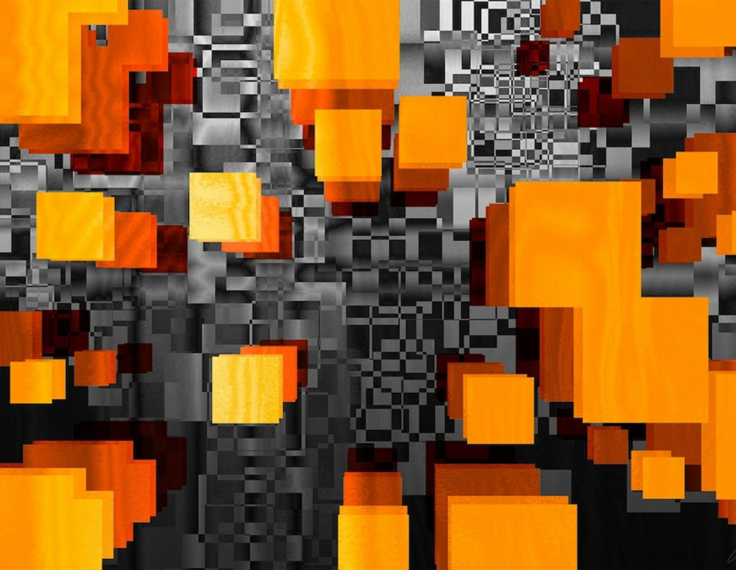Explore All Articles
All Articles
Article Topic

When knowing more means doing less: Algorithmic knowledge and digital (dis)engagement among young adults
Myojung Chung
What if knowing how social media algorithms work doesn’t make you a more responsible digital citizen, but a more cynical one? A new survey of U.S. young adults finds that while higher algorithmic awareness and knowledge are linked to greater concerns about misinformation and filter bubbles, individuals with greater algorithmic awareness and knowledge are less likely to correct misinformation or engage with opposing viewpoints on social media—possibly reflecting limited algorithmic agency.

A dual typology of social media interventions and deterrence mechanisms against misinformation
Amir Karami
In response to the escalating threat of misinformation, social media platforms have introduced a wide range of interventions aimed at reducing the spread and influence of false information. However, there is a lack of a coherent macro-level perspective that explains how these interventions operate independently and collectively.

Disparities by design: Toward a research agenda that links science misinformation and socioeconomic marginalization in the age of AI
Miriam Schirmer, Nathan Walter and Emőke-Ágnes Horvát
Misinformation research often draws optimistic conclusions, with fact-checking, for example, being established as an effective means of reducing false beliefs. However, it rarely considers the details of socioeconomic disparities that often shape who is most vulnerable to science misinformation. Historical and systemic inequalities have fostered mistrust in institutions, limiting access to credible information, for example, when Black patients distrust public health guidance due to past medical racism.

Feedback and education improve human detection of image manipulation on social media
Adnan Hoq, Matthew J. Facciani and Tim Weninger
This study investigates the impact of educational interventions and feedback on users’ ability to detect manipulated images on social media, addressing a gap in research that has primarily focused on algorithmic approaches. Through a pre-registered randomized and controlled experiment, we found that feedback and educational content significantly improved participants’ ability to detect manipulated images on social media.

The algorithmic knowledge gap within and between countries: Implications for combatting misinformation
Myojung Chung and John Wihbey
While understanding how social media algorithms operate is essential to protect oneself from misinformation, such understanding is often unevenly distributed. This study explores the algorithmic knowledge gap both within and between countries, using national surveys in the United States (N = 1,415), the United Kingdom (N = 1,435), South Korea (N = 1,798), and Mexico (N = 784).

Playing Gali Fakta inoculates Indonesian participants against false information
Matthew J. Facciani, Denisa Apriliawati and Tim Weninger
Although prebunking games have shown promise in Western and English-speaking contexts, there is a notable lack of research on such interventions in countries of the Global South. In response to this gap, we developed Gali Fakta, a new kind of media literacy game specifically tailored for an Indonesian audience.

Measuring what matters: Investigating what new types of assessments reveal about students’ online source evaluations
Joel Breakstone, Sarah McGrew and Mark Smith
A growing number of educational interventions have shown that students can learn the strategies fact checkers use to efficiently evaluate online information. Measuring the effectiveness of these interventions has required new approaches to assessment because extant measures reveal too little about the processes students use to evaluate live internet sources.

Older Americans are more vulnerable to prior exposure effects in news evaluation
Benjamin A. Lyons
Older news users may be especially vulnerable to prior exposure effects, whereby news comes to be seen as more accurate over multiple viewings. I test this in re-analyses of three two-wave, nationally representative surveys in the United States (N = 8,730) in which respondents rated a series of mainstream, hyperpartisan, and false political headlines (139,082 observations).

Designing misinformation interventions for all:
Perspectives from AAPI, Black, Latino, and Native American community leaders on misinformation educational efforts
Angela Y. Lee, Ryan C. Moore and Jeffrey T. Hancock
This paper examines strategies for making misinformation interventions responsive to four communities of color. Using qualitative focus groups with members of four non-profit organizations, we worked with community leaders to identify misinformation narratives, sources of exposure, and effective intervention strategies in the Asian American Pacific Islander (AAPI), Black, Latino, and Native American communities.
